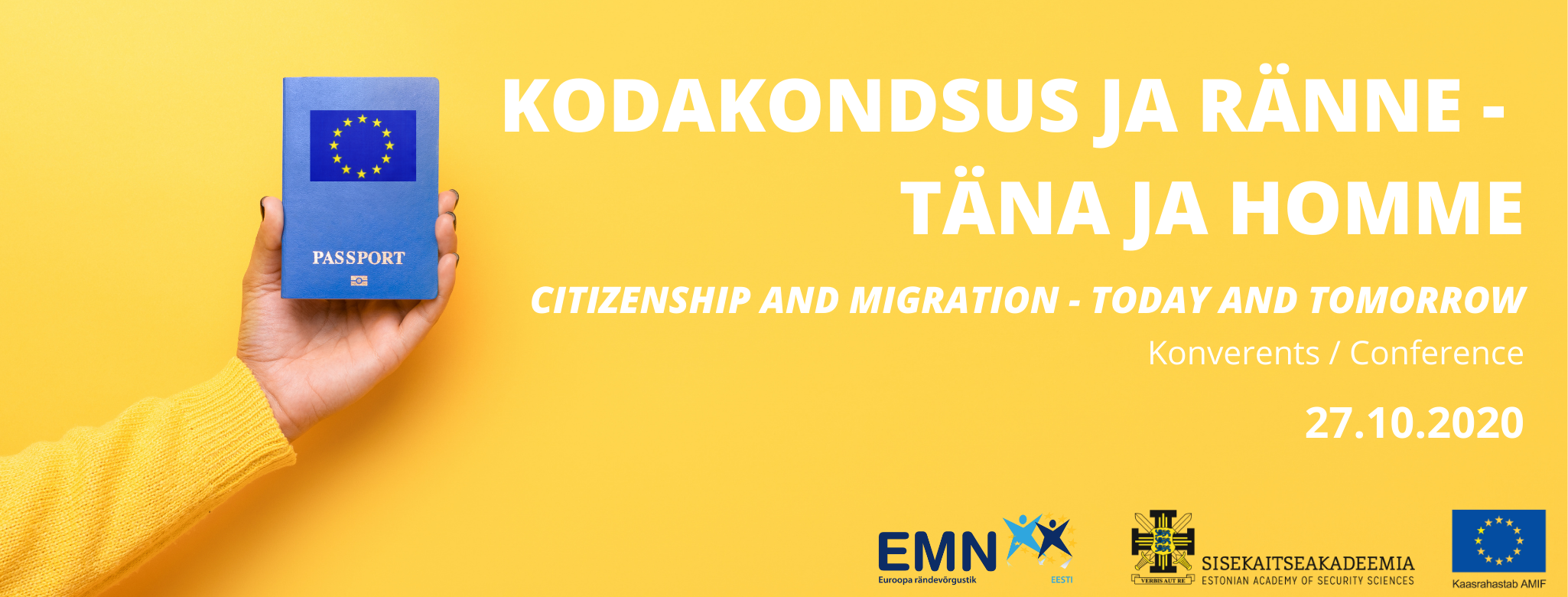
On 27th of October (10am- 2.30pm Estonian time) EMN Estonia will host a conference „Citizenship and Migration – Today and Tomorrow“, which focuses on EU Member States’ choices regarding citizenship policies. Additionally, an overview regarding the recent migration trends in Estonia and elsewhere in Europe will be given. The conference will be held at the Estonian Academy of Security Sciences (room 108, Kase 61, Tallinn) and online.
During the last five years EU Member States have implemented various changes regarding their citizenship policies, which depending on the Member State have resulted in more restricted or simplified access to citizenship. The first part of the conference will focus on the Member States’ choices regarding citizenship policies and sparks discussion about changes from the recent past but also about the possible future developments. In the opening sessions the findings of a recent EMN EU-wide study on “Pathways to citizenship for third-country nationals in the EU” will be presented, followed by presentations on citizenship policies and practices in Finland and Ireland. Additionally, a representative of the Estonian Foreign Policy Institute will give an overview of what the situation for the EU and citizens of the UK will be like post-Brexit. The second session focuses on the changes in Estonian citizenship policies during the last couple of years and the future of Estonian citizenship. These developments will be analysed from the perspective of a researcher, policymaker and a practitioner.
In the second half of the conference the newly published annual migration and citizenship report will be presented, whereby the most interesting statistical and policy trends in Estonia and elsewhere in Europe will be highlighted and an overview of the New Pact on Migration and Asylum will be given.
The official languages of the conference are Estonian and English.
Agenda
Moderator: Mr Martti Martinson
9.30-10.00 Registration, morning coffee
10.00 – 10.15 Welcome speeches (speeches are held in Estonian with a possibility for English translation online)
- Mr Veiko Kommusaar, Undersecretary for Internal Security, Migration and Public Order, Estonian Ministry of the Interior
- Mr Marek Link, Rector, Estonian Academy of Security Sciences
10.15– 11.45 First Panel: Acquisition of Citizenship in EU Member States (this panel is held only in English)
- What are the Pathways to Citizenship for Third-Country Nationals in the EU? Ms Norma Rose, Senior Consultant, EMN Service Provider (ICF)
- A Snapshot of the Citizenship Policy of Finland, Mr Tuukka Lampi, Senior Specialist, EMN Finland & Finnish Immigration Service
- Pathways to Citizenship Through Naturalisation in Ireland, Ms Sarah Groarke, Policy Officer, Economic and Social Research Institute
- What is the Impact of Brexit on the Value of British Citizenship? Ms Piret Kuusik, Junior Research Fellow, Estonian Foreign Policy Institute
- Q&A session
11.45– 12.00 BREAK
12.00– 13.15 Second Panel: Estonia’s Choices in Citizenship Policy (this panel is held in Estonian with a possibility for English translation online)
Moderator: Dr Mari-Liis Jakobson, Associate Professor of Political Sociology, Tallinn University
- An Overview of Estonia’s Citizenship Policy, Ms Ruth Annus, Head of Citizenship and Migration Policy Department, Estonian Ministry of the Interior
- Citizenship from a Broad Perspective, Mr Erkki Koort, Director of the Internal Security Institute, Estonian Academy of Security Sciences
- Panel discussion: What Could the Future Hold for Estonia’s Citizenship Policy?
- Panelists: Ms Ruth Annus, Mr Erkki Koort, Ms Irene Käosaar (Director of the Estonian Integration Foundation)
13.15– 13.30 BREAK
13.30 – 14.30 Third Panel: Presentation of the Annual Report of Estonia’s Migration and Citizenship Policy 2020 (this panel is held in Estonian with a possibility for English translation online)
- Ms Ave Lauren, Senior Researcher, Estonian Business School
Presentations
Pathways to Citizenship for Third-Country Nationals in the EU (Norma Rose, EMN Service Provider (ICF)) – pdf
Pathways to Citizenship for Third-Country National in Finland (Tuukka Lampi, EMN Finland & Finnish Immigration Service) – pdf
Pathways to Citizenship Through Naturalisation in Ireland (Sarah Groarke, EMN Ireland/ Economic and Social Research Institute) – pdf
The Effect of Brexit on the British Citizenship (Piret Kuusik, Estonian Foreign Policy Institute) – pdf
Kodakondsuse laiem visioon (Erkki Koort, Estonian Academy of Security Sciences) – pdf
Annual Report on Migration and Citizenship 2020 (Ave Lauren, Estonian Business School) – pdf
Speakers
 Veiko Kommusaar, Undersecretary for Internal Security, Migration and Public Order, Estonian Ministry of the Interior
Veiko Kommusaar, Undersecretary for Internal Security, Migration and Public Order, Estonian Ministry of the Interior
As an Undersecretary for Internal Security, Migration and Public Order Veiko Kommusaar is managing the design and implementation of public order and criminal policy, citizenship and migration policy, border guard and internal security policy. Veiko Kommusaar has worked in the Ministry of the Interior from 2007 and prior to that in the development department of Police and Border Guard Board and in Lääne-Harju Police Department.
Marek Link, Rector, Estonian Academy of Security Sciences 
Marek Link has been the rector of the Estonian Academy of Security Sciences from 2019. For the past 14 years, he has been working in the field of Internal Security education and training. He is actively involved as an expert, lecturer, and trainer in many different Internal Security Agencies and networks worldwide like Frontex, DCAF, OSCE, and CEPOL (European Police College).

Norma Rose, Senior Consultant, EMN Service Provider (ICF)
Norma Rose has been working at ICF as part of the Service Provider team for the European Migration Network (EMN) of the European Commission since 2017. ICF has long-standing experience in providing strategic and operational support to the EMN, and has a strong track record in delivering research and evaluation services in the field of EU asylum and migration policies. Norma has a Master’s degree in European Public Affairs and a Bachelor’s degree in European Studies from the University of Maastricht. During her studies, she also mainly focused on the EU’s asylum and migration policy, writing her dissertations on intra-EU solidarity, the ‘second generation’ legislative instruments of the Common European Asylum System and high-skilled migration to the EU.
Tuukka Lampi, Senior Specialist, EMN Finland & Finnish Immigration Service 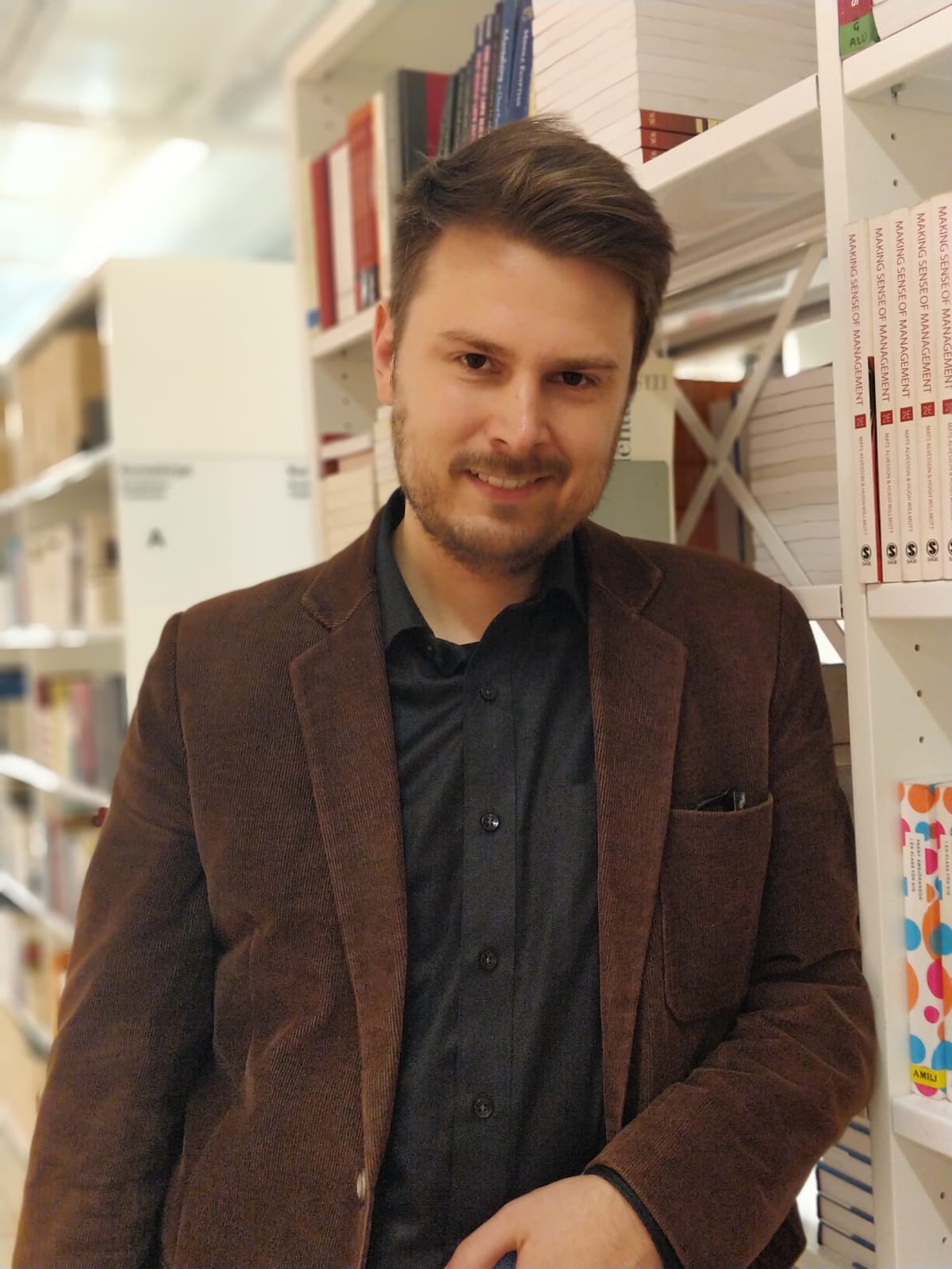
Tuukka Lampi is a senior specialist at the Finnish National Contact Point of European Migration Network. Before joining the EMN he worked at the nationality unit of the Finnish Immigration Service as a senior advisor. Previously he has also worked for the IOM as a project assistant and the Finnish Embassy in New Delhi as an immigration officer. Tuukka holds an MA in English Philology from University of Helsinki and an MSc in Migration, Mobility and Development from SOAS (School of Oriental and African Studies, University of London).
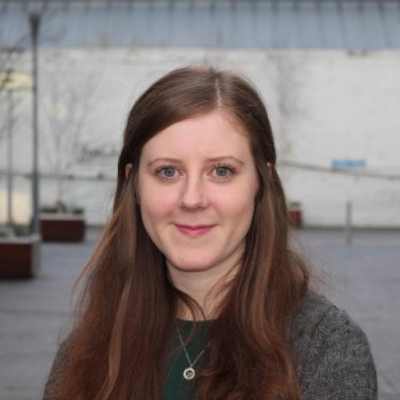 Sarah Groarke, Policy Officer, Economic and Social Research Institute
Sarah Groarke, Policy Officer, Economic and Social Research Institute
Sarah Groarke is a Policy Officer in the Irish National Contact Point of the European Migration Network, based in the Economic and Social Research Institute (ESRI) in Dublin. Sarah has co-authored research on child migration, asylum law, migrant integration and discrimination in Ireland. Sarah holds a BCL (International) from University College Cork and an E.MA in Human Rights and Democratisation from EIUC Venice.
Piret Kuusik, Junior Research Fellow, Estonian Foreign Policy Institute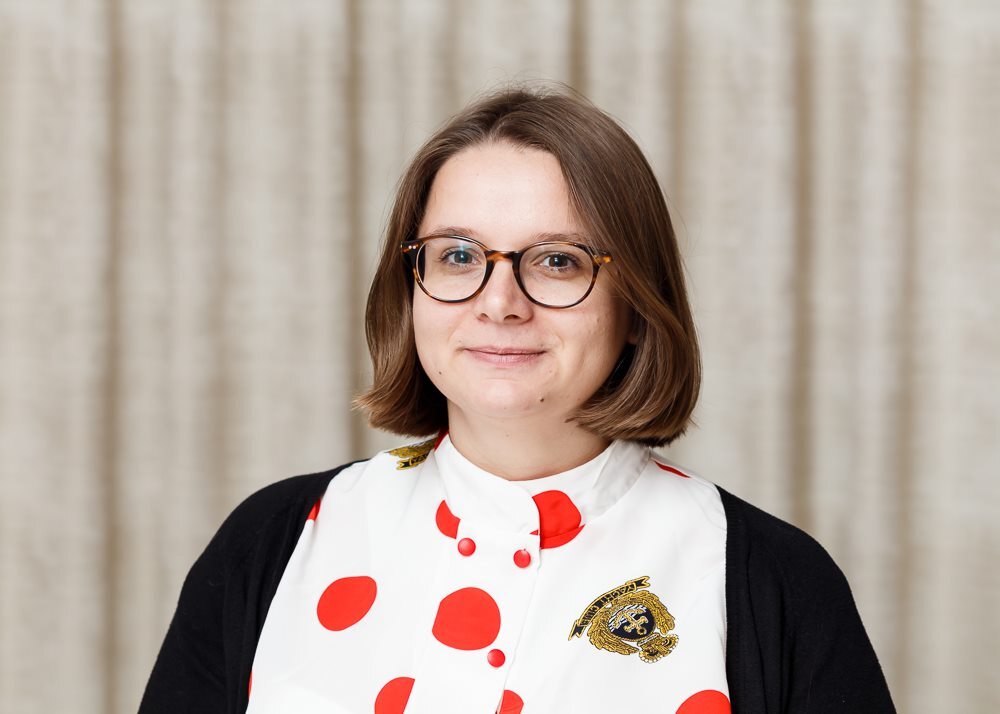
Piret Kuusik joined the Estonian Foreign Policy Institute in March 2018. Her research focuses on the foreign and defence policy of the European Union, Brexit, German-French cooperation and the role of Nordic-Baltic region in Europe and the world.
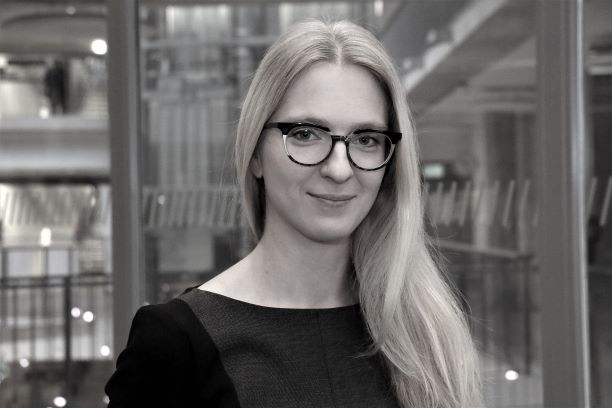 Mari-Liis Jakobson, Associate Professor of Political Sociology, Tallinn University
Mari-Liis Jakobson, Associate Professor of Political Sociology, Tallinn University
Dr. Mari-Liis Jakobson is the Juris Padegs Visiting Fellow at the Baltic Studies Program of the MacMillan Center (2019-2020) and an Associate Professor of Political Sociology at Tallinn University (Estonia). Her research relates to transnational migration, transnational politics, and populism.
Ruth Annus, Head of Citizenship and Migration Policy Department, Estonian Ministry of the Interior 
Ruth Annus acquired a degree of magister iuris from University of Tartu in 2007 and has specialised on administrative procedures. She has worked in the Estonian Ministry of the Interior from the year 2000 and from 2002 led the policy formulation on the field of citizenship, migration and identity management. Ruth is the co-founder of the Estonian e-residency program, which was founded in the end of 2014 and was a unique initiative in the world at that time. She also actively contributes to the formulation of forward-looking identity and identification policy on the international level. Furthermore, she teaches international and European Union’s migration law in Tallinn University.
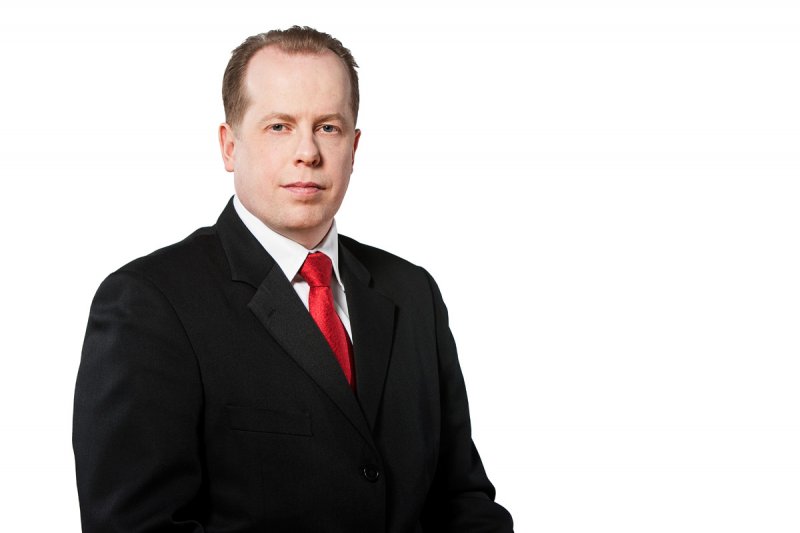 Erkki Koort, Director of the Internal Security Institute, Estonian Academy of Security Sciences
Erkki Koort, Director of the Internal Security Institute, Estonian Academy of Security Sciences
Internal security expert Erkki Koort is the Director of the Internal Security Institute of Estonian Academy of Security Sciences and a former deputy secretary general of the Estonian Ministry of the Interior. He has worked in the field of security for over 25 years of which 10 years in the Estonian Internal Security Service and 11 years in the Estonian Ministry of the Interior. Erkki has been engaged with topics such as Schengen enlargement, achieving a visa waiver with USA and led the development of the m-ID.
Irene Käosaar, Director of the Estonian Integration Foundation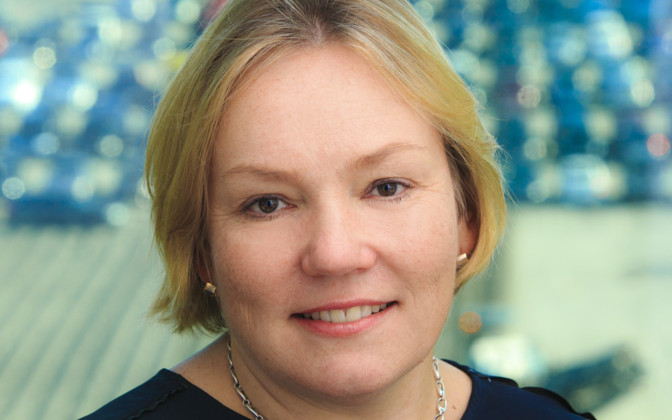
Irene Käosaar has been the Director of the Estonian Integration Foundation since 2017. Before this post, she worked at the Ministry of Education and Research as the head of the General Education Department and the Minorities Education Department. She is also a member of Estonian Integration Strategy Steering group and a member of Estonian Language Strategy Steering group.
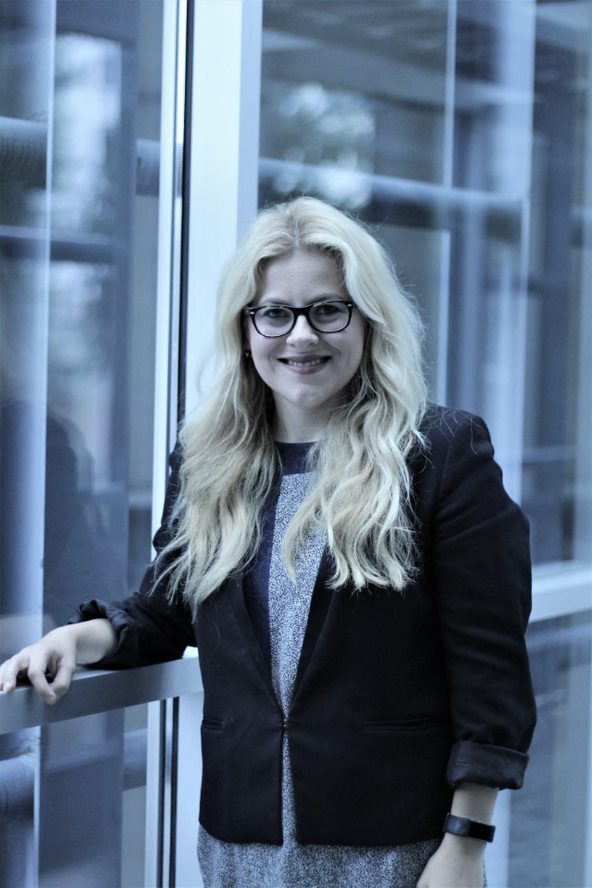
Ave Lauren, Senior Researcher, Estonian Business School
Ave Lauren is Senior Researcher at Estonian Business School, focusing on labour migration, global cities and innovation centres. Ave holds a Ph.D. in Geography from the University of Cambridge, where her research explored highly-skilled migration to Silicon Valley and the Bay Area, analysing the role of corporations in shaping mobility and migratory flows and the impact this has had on policy-making and migrant communities. Prior to joining EBS, she was the National Coordinator for Estonia at the European Migration Network (EMN) and has also held a fellowship at the John W. Kluge Center at the Library of Congress, addressing the developments in U.S. highly-skilled immigration policy over the last decades.